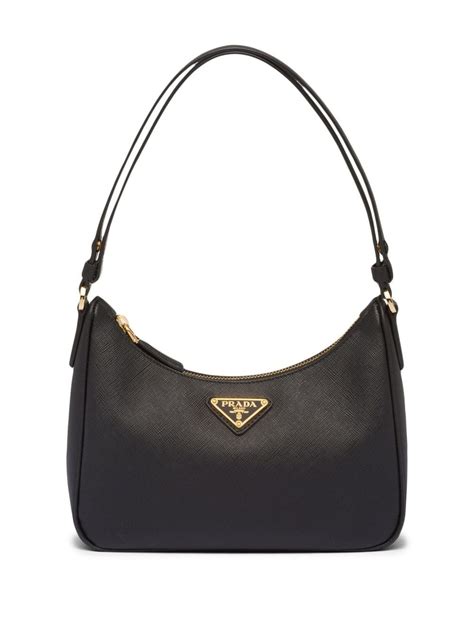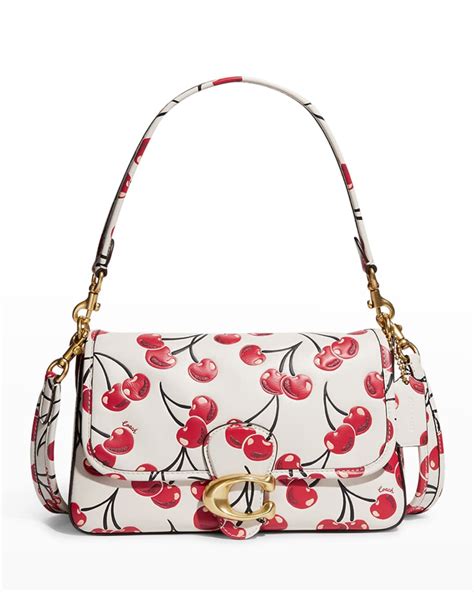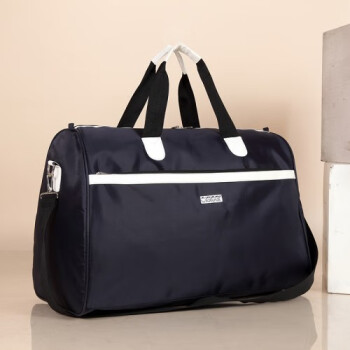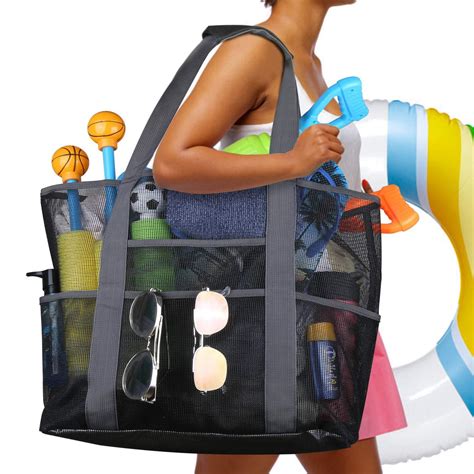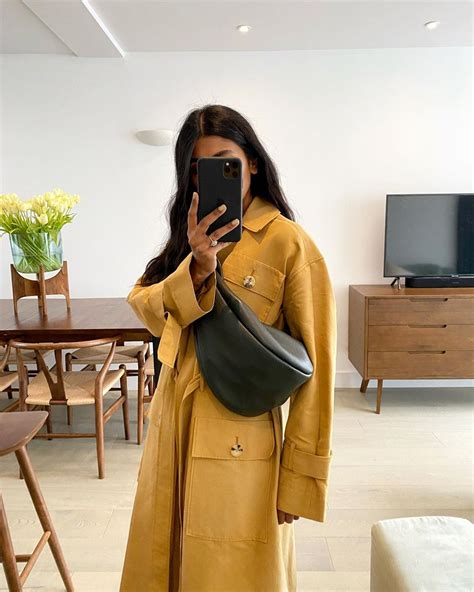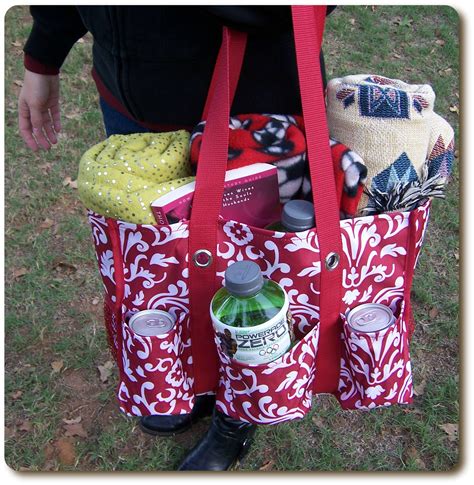wwtop.shop instagram | shop Instagram account
$131.00
In stock
In the ever-expanding digital marketplace, Instagram has become a fertile ground for businesses, both legitimate and otherwise. The platform's visual appeal and ease of use make it an attractive avenue for entrepreneurs to showcase their products and connect with potential customers. However, this accessibility also opens the door for less scrupulous actors, creating a landscape where consumers must exercise caution and due diligence before making a purchase. The experience of one user with wwtop.shop on Instagram highlights the potential pitfalls of online shopping and underscores the importance of verifying a seller's legitimacy before entrusting them with your money.
The user's statement, "I didn’t know before I made an order through WWTOP that they will accept you order and money without even having the product. I’ve been waiting for almost two weeks and nothing," paints a concerning picture. It suggests a scenario where wwtop.shop, an Instagram account ostensibly operating as an online retail outlet, accepted an order and payment without actually possessing the item in question. This raises serious questions about the shop's business practices, inventory management, and overall credibility. The user's two-week waiting period without any progress further exacerbates the situation, hinting at potential issues with order fulfillment or, worse, a deliberate attempt to defraud customers.
This incident brings several important topics into focus, ranging from the nuances of Instagram-based e-commerce to the responsibilities of both buyers and sellers in ensuring a safe and transparent online shopping experience. We will delve into the complexities of online retail on Instagram, touching upon related concepts like "top deck shop Instagram," "Instagram top shop chile," "shop Instagram account," and the "Instagram shop app," exploring how these elements contribute to the broader ecosystem and the potential challenges they present.wwtop.shop instagram
The Allure and the Risks of Instagram Shopping
Instagram's visual nature makes it a natural fit for showcasing products, particularly in fashion, beauty, and lifestyle categories. The platform allows businesses to create aesthetically pleasing profiles, highlight their offerings through engaging images and videos, and connect directly with their target audience. This direct connection, often fostered through comments, direct messages, and interactive features like polls and Q&A sessions, can create a sense of community and trust.
However, this perceived intimacy can also be deceptive. The ease with which anyone can create an Instagram account and portray themselves as a legitimate business means that consumers need to be vigilant. Unlike established e-commerce platforms with robust verification processes and buyer protection policies, Instagram offers limited safeguards against fraudulent or unreliable sellers.
The term "top deck shop Instagram," while potentially referring to a specific niche product or a highly ranked shop within a certain category, highlights the competitive nature of the platform. Businesses are constantly vying for attention and visibility, and some may resort to questionable tactics to gain an edge. Similarly, "Instagram top shop chile" illustrates the global reach of the platform and the importance of considering geographical factors when evaluating a seller's legitimacy. A shop based in a different country may be subject to different laws and regulations, making it more difficult to pursue legal recourse in case of a dispute.
Understanding the Instagram Shop App and Shop Instagram Account
The "Instagram shop app" (or, more accurately, the Instagram Shopping feature integrated within the main app) provides a more structured way for businesses to sell products directly on the platform. It allows them to tag products in their posts and stories, creating shoppable content that directs users to product pages within Instagram. This feature can add a layer of legitimacy, as it requires businesses to meet certain criteria and link their Instagram account to a business profile and a catalog of products.
However, even with the Instagram Shopping feature, caution is still warranted. While Instagram does have some measures in place to prevent fraudulent activity, they are not foolproof. A "shop Instagram account," even one that utilizes the Shopping feature, can still engage in deceptive practices, such as selling counterfeit goods, failing to fulfill orders, or providing misleading product descriptions.
Red Flags and Due Diligence: Protecting Yourself from Online Scams
The wwtop.shop incident serves as a stark reminder of the importance of exercising due diligence before making any online purchase, especially on platforms like Instagram where verification mechanisms are limited. Here are some red flags to watch out for and steps you can take to protect yourself:
* Lack of Transparency: A legitimate business will typically provide clear information about its location, contact details, return policy, and shipping information. If this information is missing or vague, it's a cause for concern.
* Unbelievably Low Prices: If a deal seems too good to be true, it probably is. Be wary of significantly discounted prices, especially for high-demand or luxury items. This could be a sign of counterfeit goods or a scam.
* Poor Communication: A reputable seller will respond promptly and professionally to your inquiries. If you experience difficulty contacting the seller or receive evasive or unprofessional responses, it's a red flag.
* Limited Payment Options: Be cautious if a seller only accepts unconventional payment methods like wire transfers or cryptocurrency. These methods offer limited buyer protection compared to credit cards or PayPal.
Additional information
| Dimensions | 7.1 × 2.2 × 1.4 in |
|---|

